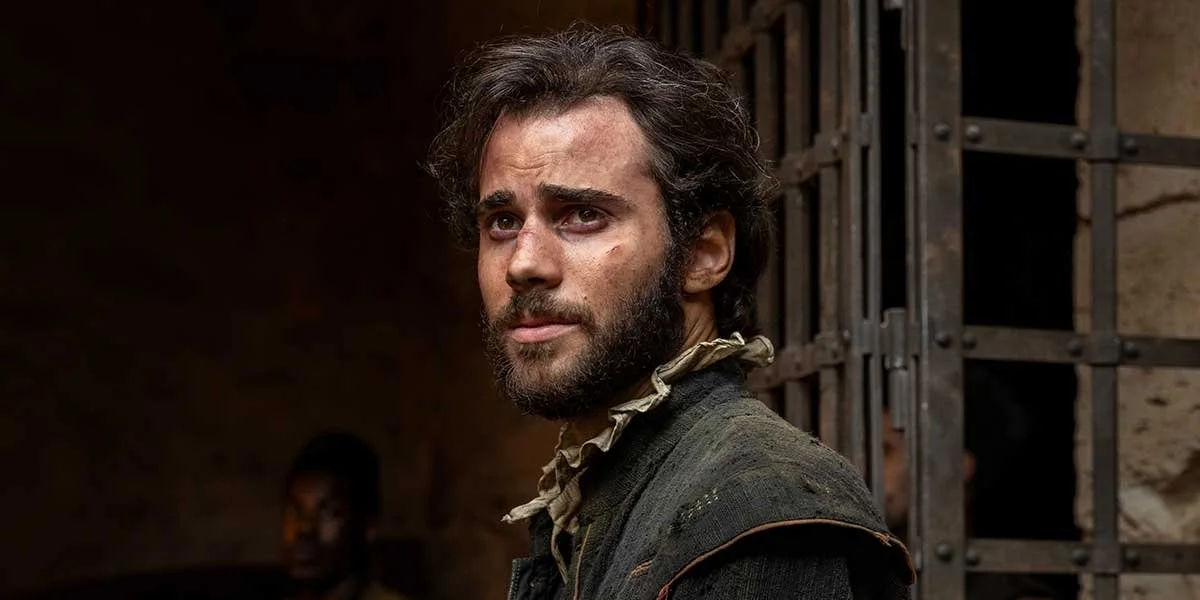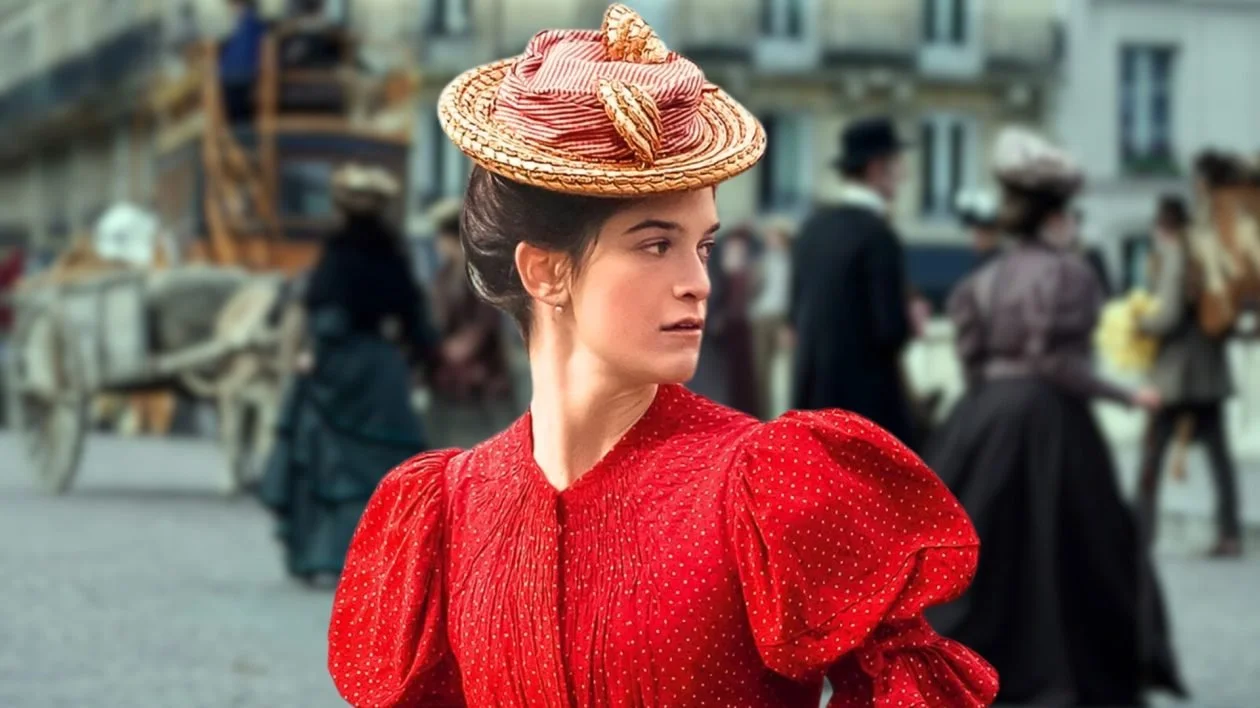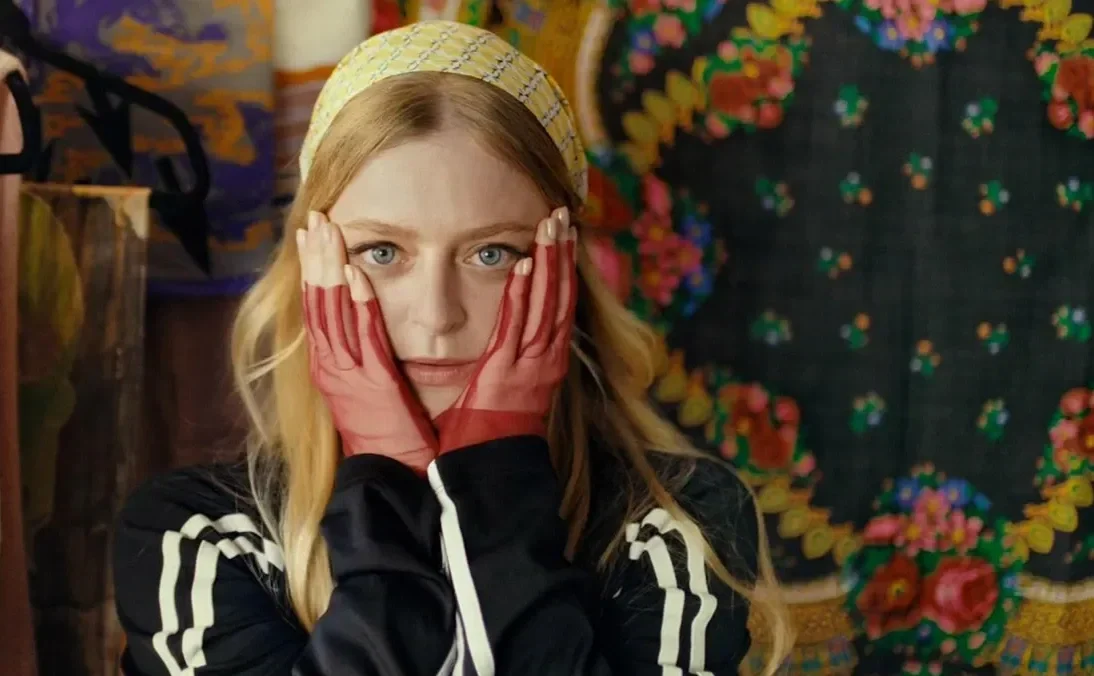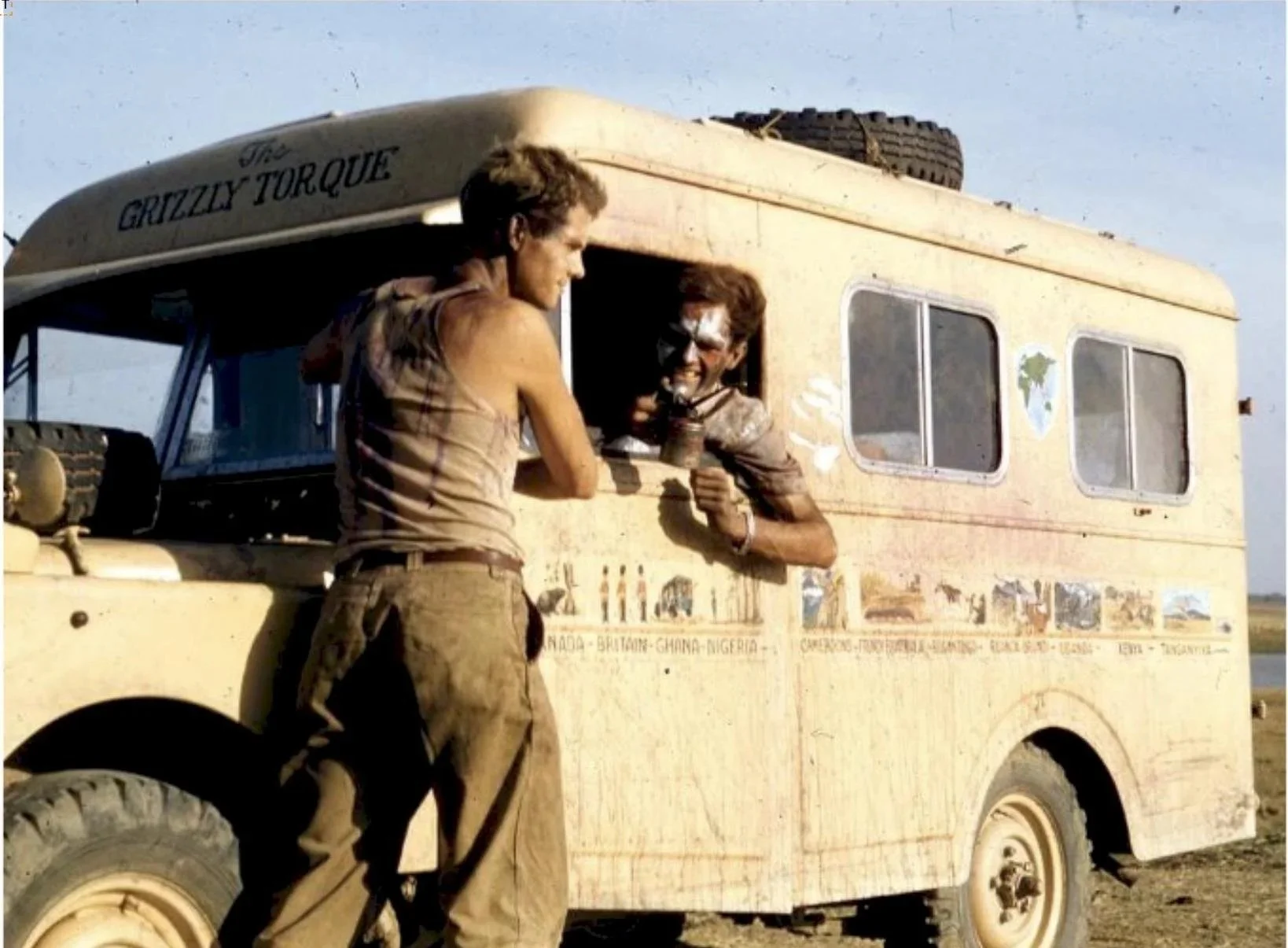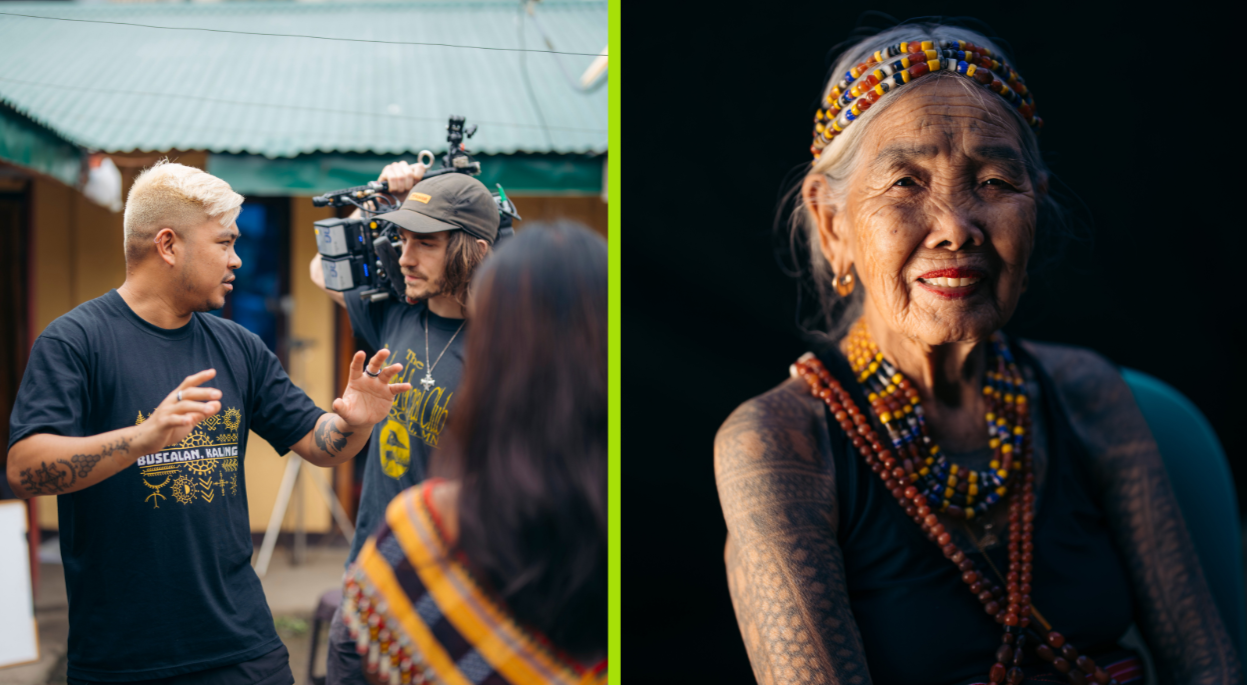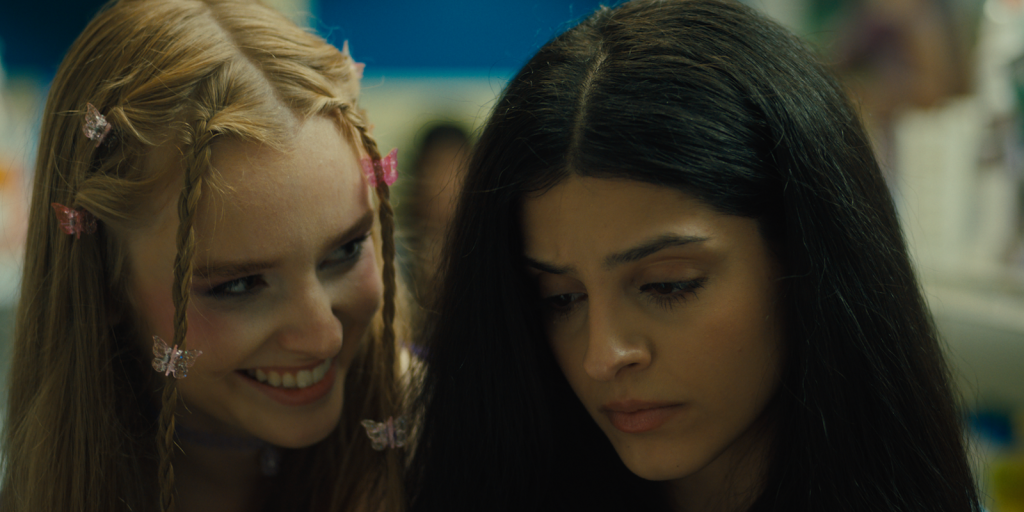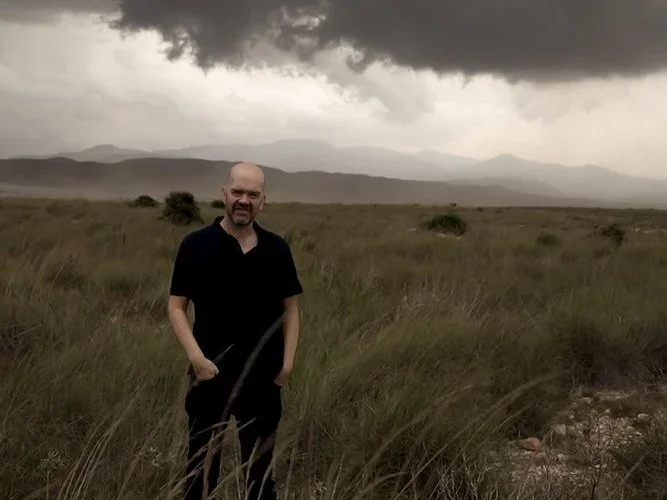At VIFF, Bloody Nose, Empty Pockets elegizes the lowly dive bar and its booze artists
The Ross brothers hit VIFF’s Totally Indie Day with the Sundance hit they made in a single marathon shoot.
The Ross brothers set their docu-fictional hybrid on the last day of a downmarket tavern called the Roaring 20s on the outskirts of Las Vegas.
Streams September 24 to October 7 as part of the Vancouver International Film Festival, via VIFF.org
EVERY STRIP MALL has one, a bunker with a single door and no windows, promising sweet oblivion beyond the tacky acrylic signage. Inside, we trade the harsh daylight and the harsher noise of the highway for a neon jukebox, shabby upholstery, and slim hope of community. This is what the Ross brothers wanted to capture with their intoxicating feature Bloody Nose, Empty Pockets. Bill Ross IV calls this kind of anonymous dive bar “an oasis.” For Turner Ross, “It’s kinda like a magic trick. You enter another world.”
The brothers sit side by side when reached by Zoom at their New Orleans office. The mood is ever-so-slightly tense as they brace for Hurricane Sally. Up here, we’re choking on America’s newest contribution to the pyrocene era. The occasion is their new film, easily one of the year’s best, a docu-fictional hybrid set on the last day of a downmarket tavern called the Roaring 20s on the outskirts of Las Vegas, made largely in a single marathon shoot with no script and non-actors on the day after Trump’s election, released into the world three-and-a-half years later as closing time overtook an entire nation.
On September 26, the brothers will conference in for VIFF’s Totally Indie Day to discuss the making of this remarkable film with programmer Tom Charity.
"For us,” explains Turner, “the bar was always one of the primary characters. So it evolves as a space, it evolves with the time of day, it evolves as different people come and go. We tried to treat it as if it had its own life, and in the middle of the film when everybody suddenly goes outside to celebrate, it’s almost like you feel sad for the space, and you realize that, devoid of those inhabitants, it’s just walls. And this community that comes together to fill it with hopes and dreams and lies are really what it’s about.”
Sourced and assembled by the filmmakers from a variety of local watering holes, this community—captured by a wandering camera in snatches of conversation and moments of high and low drama—includes sad-eyed veteran Bruce, roaring cougar Pam, dark horse Millennial Dave, blousy bartender/mom Shay, plus a transgender glamour-puss on a break from hooking and the devout boozer Ira, who’s hopelessly drunk by noon when the office calls and tells him to get to work. (The brothers recall spotting Ira in exactly that situation during one of their scouting missions.)
In the film’s central “role” is Michael, a thoughtful if dissipated and presumably homeless 58-year-old who beefs that he “looks 70.” A primo barfly, he’s the first to arrive at the Roaring 20s and the last to leave. He’s also the film’s one real actor and the only participant primed in any way with a story arc. If you screen Bloody Nose, Empty Pockets on a streaming platform like Altavod (a bargain at $4.99), you’ll be treated to an online post-COVID reunion of cast and directors. Notably, Michael apologizes to the Ross brothers for failing to give them the ending they wanted. All these years later, Bill doesn’t even remember what that ending was, just that Michael’s unfussy, improvised exit was “so much better.”
“He really separated himself from the bar over the course of the film where he no longer sees it as a home or a place of love and joy,” says Turner. “And you watch him go through that transition. And so his abrupt ending made real sense to me. It’s a very complicated emotion. He departed with nary a word.”
The praise was universal when Bloody Nose, Empty Pockets screened at Sundance earlier in the year, though some objections were raised. Exterior shots of Los Vegas notwithstanding, the Roaring 20s is actually in Terrytown, Louisiana, and the film’s cast of regular folk, so persuasively familiar with one another onscreen, had never actually met before. A more pedantic view of documentary filmmaking would fail to see the higher truths achieved by the filmmakers. And as difficult as it was to preview the film for all involved—“Some folks were a little harder to get into a theatre than others,” Bill quips—everyone signed off.
"Everybody had to be complicit in this in order to pull it off and so there was a lot of trust from the get-go,” argues Turner. “We tried to be good caretakers of that trust, making sure that we didn’t put anything in there that was inauthentic or spoke ill of someone’s experience. If you’ve got someone as wild as Pam in the world, that’s Pam. We didn’t catch her in an off moment. That’s who she’s gonna be if you put her in that space right now with a camera or without.”
So is it a documentary? Does it even matter? Turner shrugs. “I’d rather be appreciated for what we do and not what we don’t,” he says.






